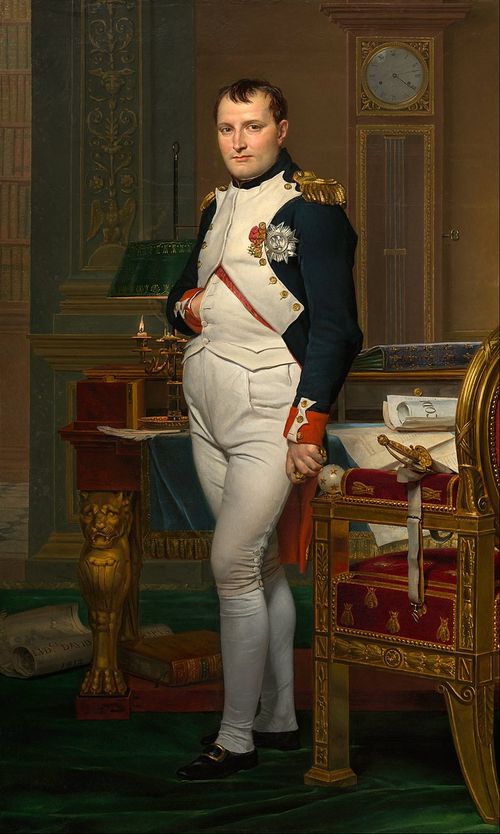What’s the real reason many people become successful?
Sep 03, 2021 · 2 mins read
0
Share
Alaric The Goth by Douglas Boin, is a revisionist history of the man who, in 410, sacked Rome. The “King of the Visigoths” spent his life on the Roman borders, trying to get in. His rage from being scorned brought about the end of an Empire.
Save
Share
Financial Times columnist Janan Ganesh says that Boin’s book, “understands what drives personal success far better than modern treatises on management and self-help.” That is, an inferiority complex.
Save
Share
Ganesh has seen up close many unremarkable people who were driven to political or business power by what’s called “chippiness” in Britain. This manic ambition driven by insecurity is often mistaken for “passion”, “optimism” or a “desire to change things”.
Save
Share
The modern view is that success is the result of virtues, but it can also be the result of sourness and resentment. History belongs to the outsiders who, like Alaric, wait for the day they will invade the inner sanctum of power.
Save
Share
We can see this dark energy at work in the rise of populist political leaders. Trump wanted to avenge the New York liberal elite that scorned him. Brexit may never have happened if Farage had been given a seat in parliament.
Save
Share
The “embittered wallflower theory” is seen in the rise of Richard Nixon, who at college started a fraternity for underdogs. It’s the theme of the film The Social Network, which traces the rise of Facebook founder Mark Zuckerberg.
Save
Share
Plenty of entrepreneurs make up for their lack of social power in school by pursuing great wealth. The life advice genre continues to overlook resentment as the fuel of success, yet “traits of successful people” lacks credibility if it doesn’t go beyond righteous virtues.
Save
Share
“As a personal feature, chippiness is unattractive. As a source of energy, it is irreplaceable. Those who learn to harness it will always bestride public and private life.” Janan Ganesh
Save
Share
Ganesh admits that the sense of being an outsider propelled his own earlier achievements. The flipside is that now he’s gained a measure of success, the loss of chippiness threatens to slow him down. “In a sense, the improvement of my character is deleterious for my career.”
Save
Share
The Austrian psychology pioneer Alfred Adler developed the idea of the inferiority complex. Napoleon, a small man driven to make a big impact, was his classic historical case. The lesson? Dark energy is ultimately a negative, but a bit of chippiness can take us a long way.
Save
Share
0
